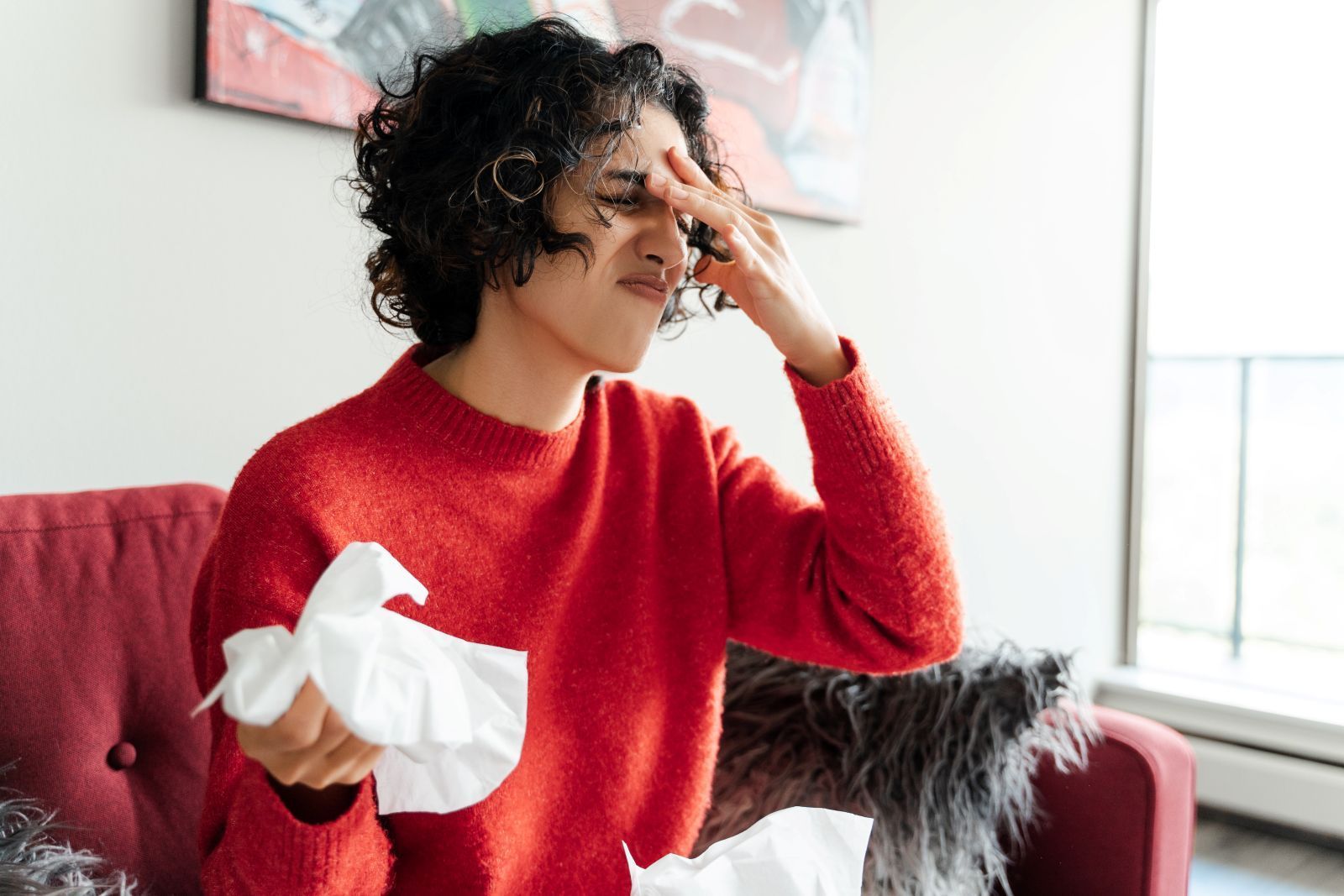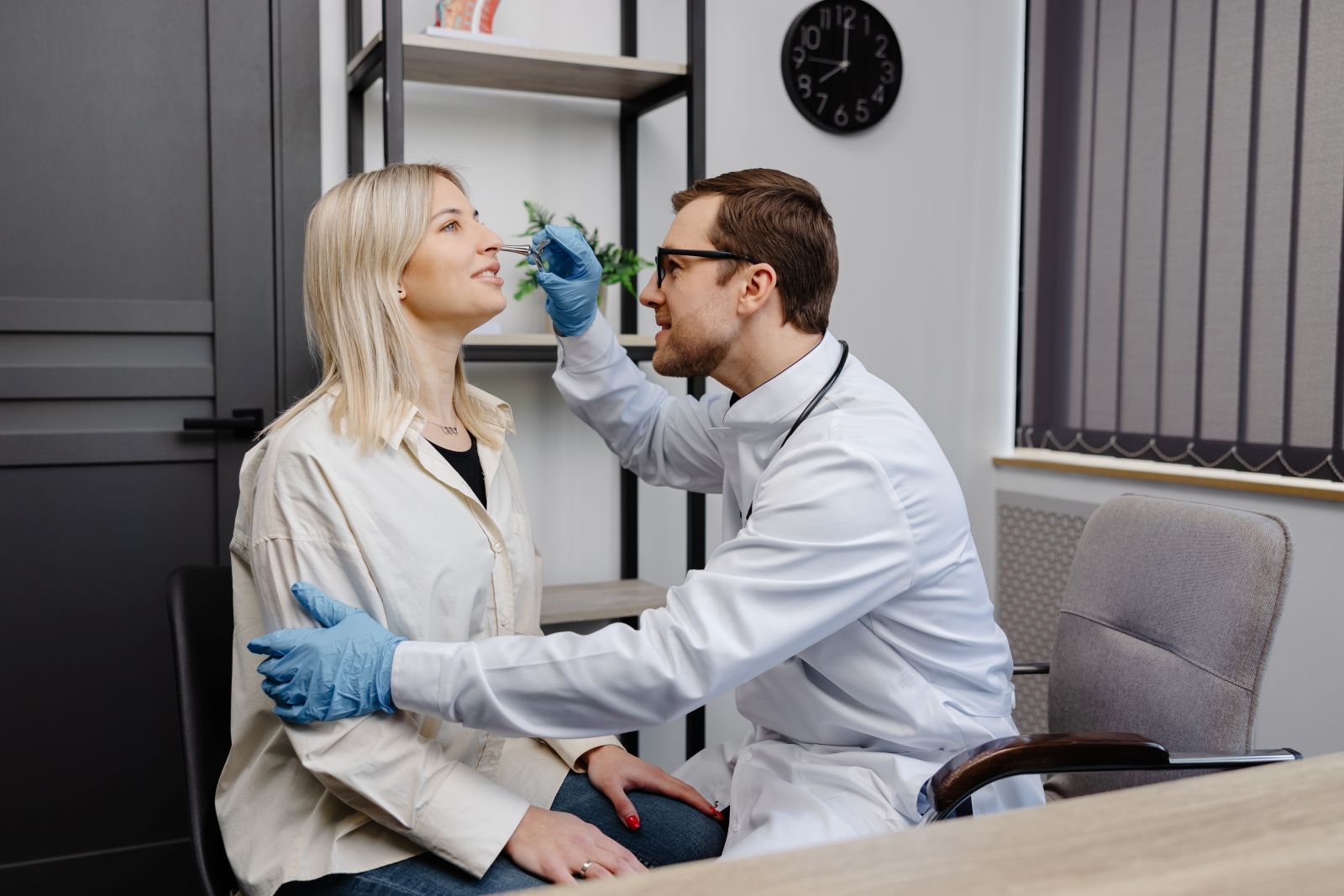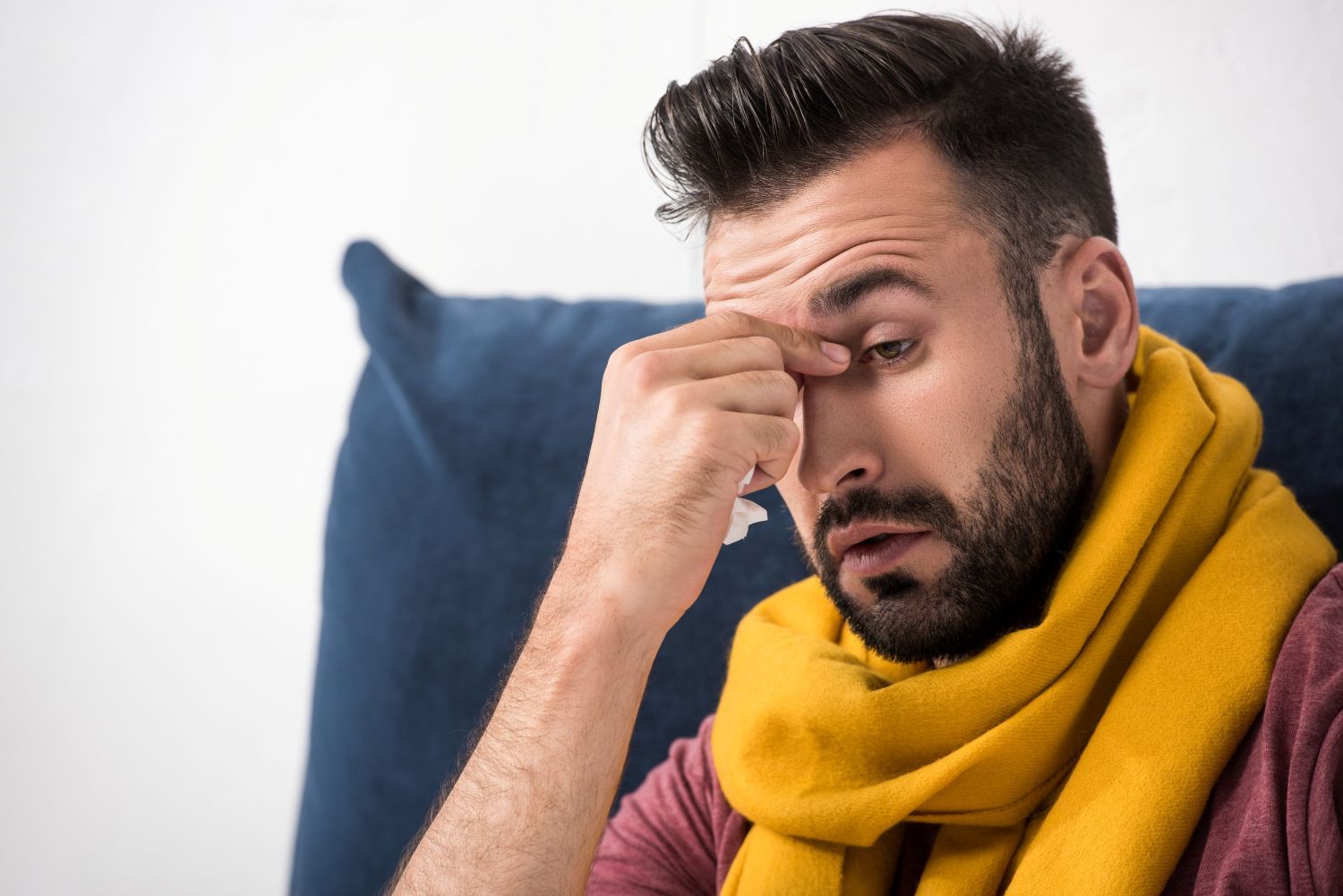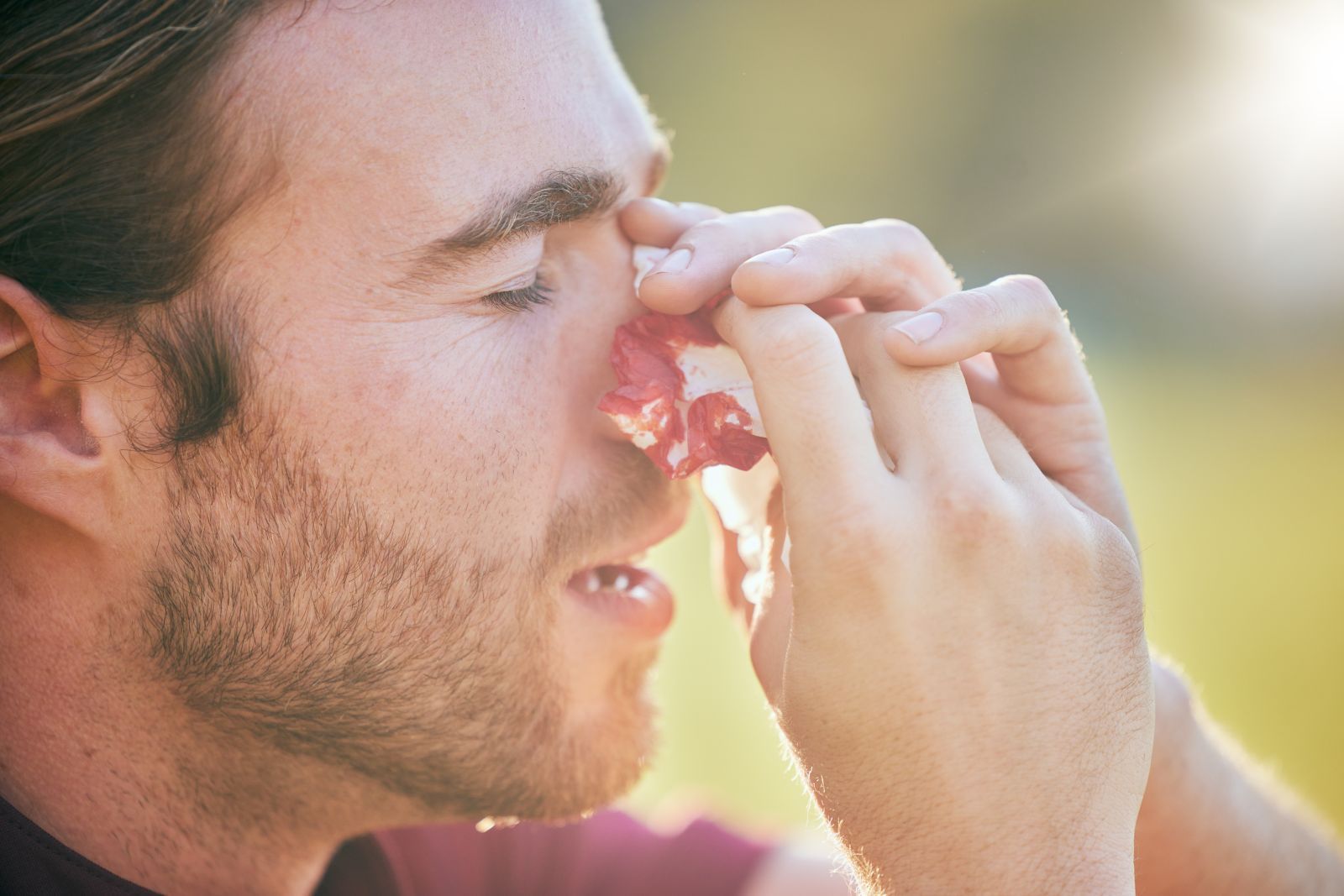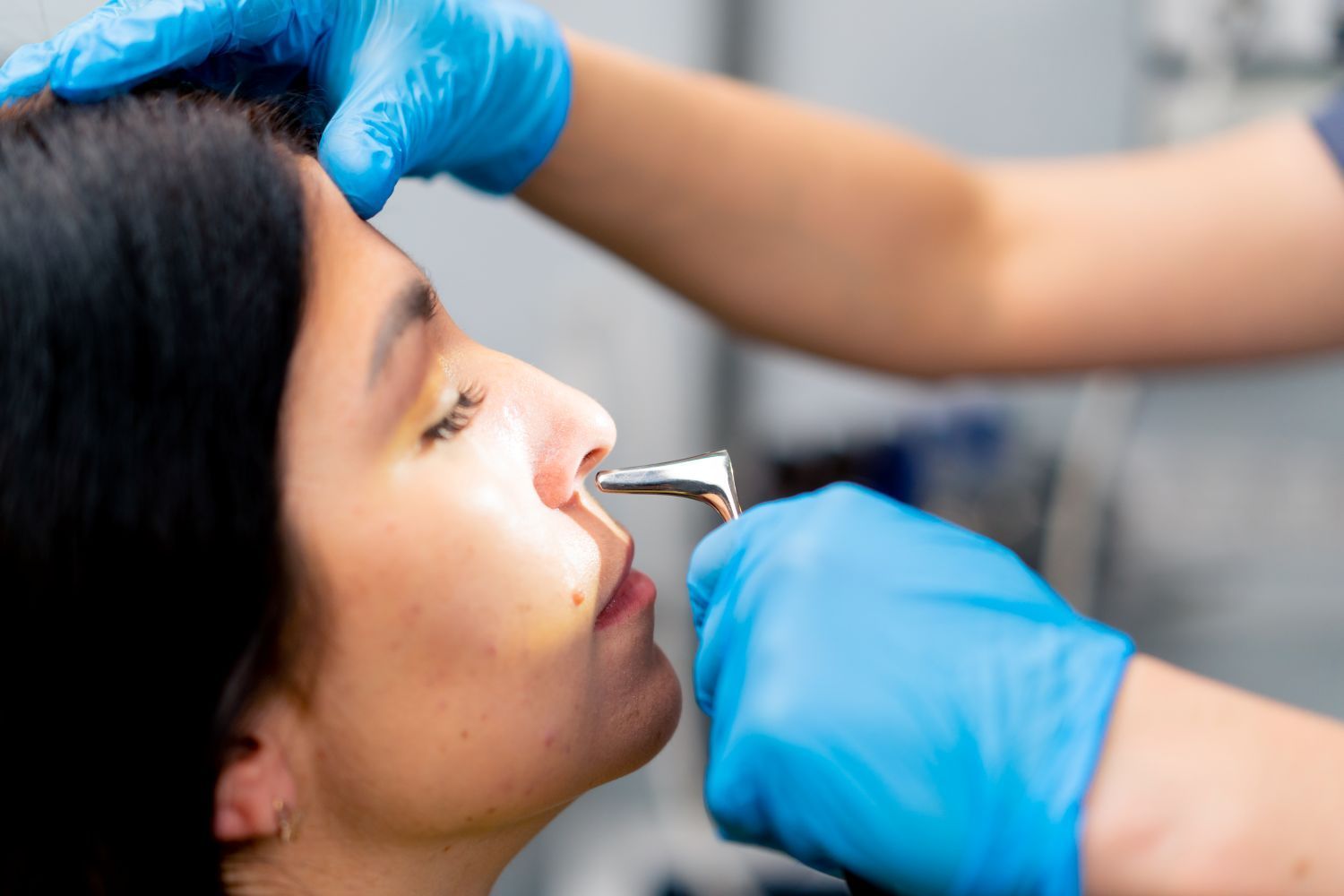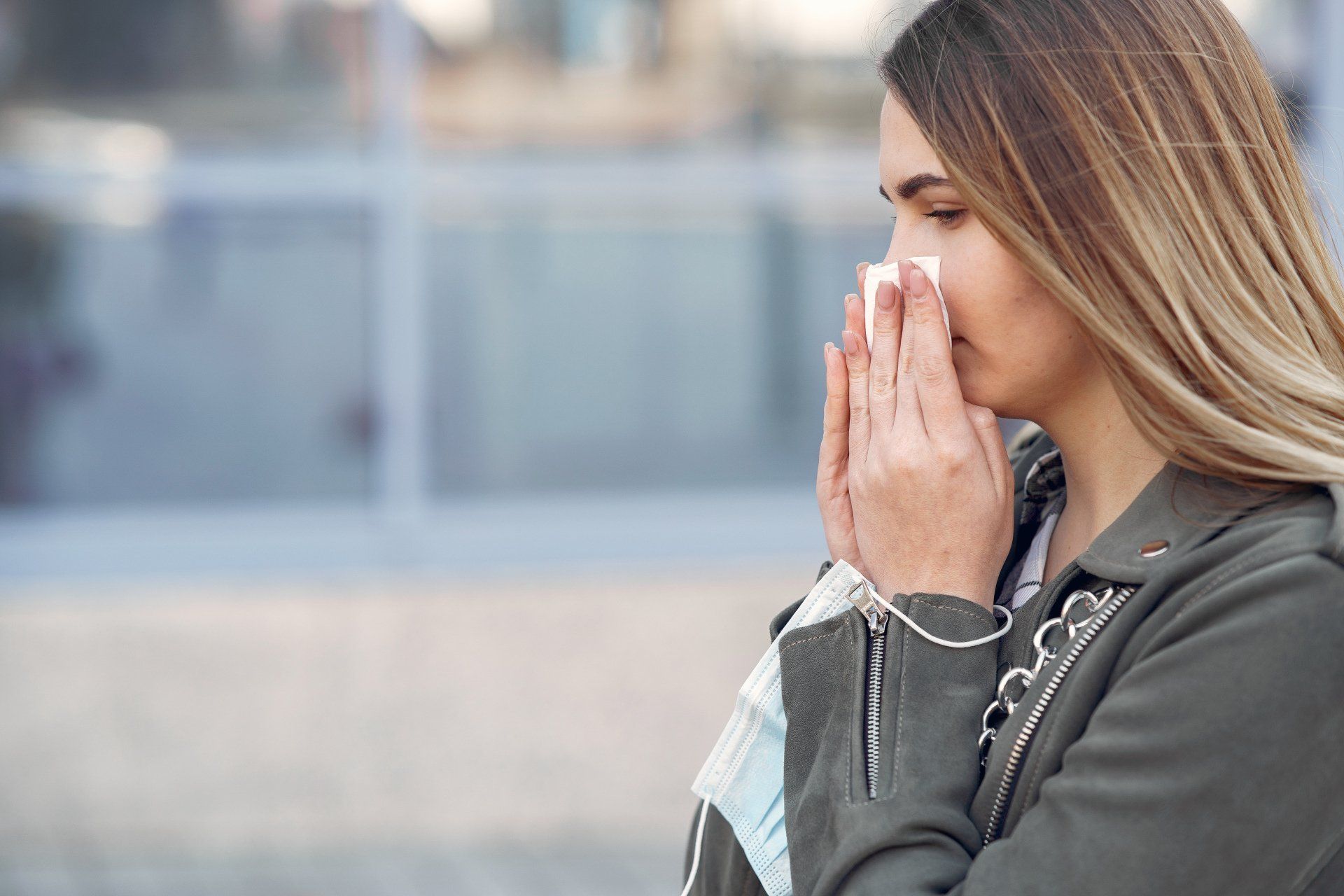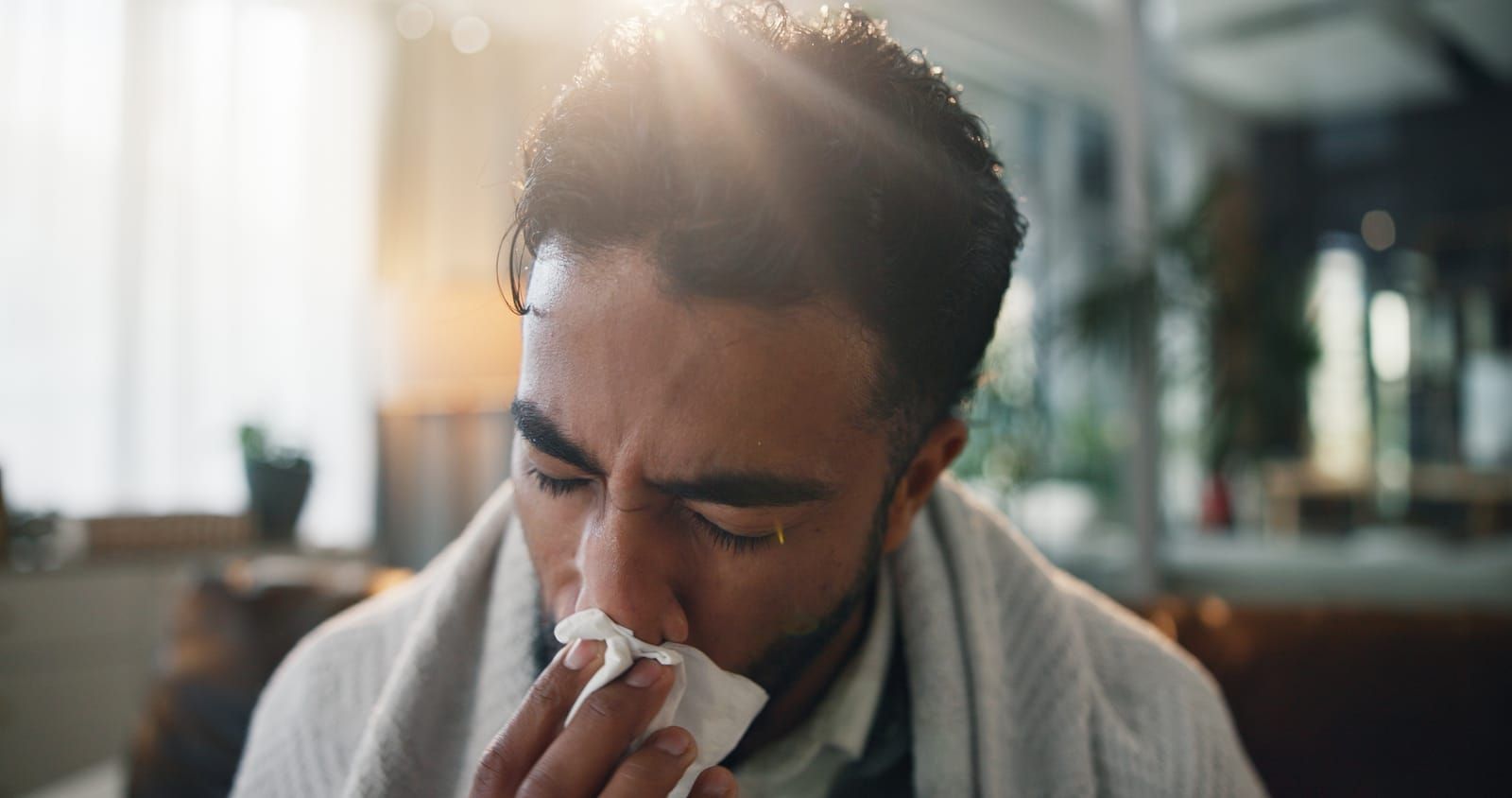What You Need to Know About Monkeypox
As COVID-19 slowly fades from being the most talked about topic in the media, we have begun to accept the virus as endemic and have finally gained some relief after a multi-year pandemic. So, when Monkeypox started making headlines in May 2022, it brought about fears that there might be more lockdowns in store for us. Thankfully, the World Health Organization has stated that the current risk for the general public is low. This article will look at just what monkeypox is, and why the risk remains low. It will also dispel some common misconceptions about monkeypox, and highlight some things that can help to keep you safe.
What Monkeypox Is
Monkeypox is a virus related to smallpox that can occur in both humans and some animals, including rodents and monkeys. It was first discovered in 1970. The virus’s symptoms include fever, swollen lymph nodes, and a rash that forms blisters and then crusts over.
Symptoms usually appear 5 to 21 days after exposure to the virus and typically last for 2 to 4 weeks. Cases are most severe in children, pregnant women, and people with compromised or suppressed immune systems. Monkeypox is spread through close skin-to-skin contact, including sexual contact.
There are two main strains of Monkeypox: The West African type and the Congo Basin type. All cases in the 2022 outbreak have been classified as the West African type, which has a far lower mortality rate.
What Monkeypox Isn’t
The monkeypox virus can be spread to anyone through close skin-to-skin contact. The virus is also not thought to be as big of a threat as COVID-19. While any virus carries with it a risk, research suggests that monkeypox doesn’t spread as easily and is less deadly. Furthermore, the virus is not new. It has been well-researched and people who have been vaccinated against smallpox have shown some resistance to it.
What You Should Do About It
If you have a suppressed immune system or you are part of an at-risk population, you should thoroughly monitor your symptoms and isolate if you have any. Furthermore, you should avoid skin-to-skin contact and avoid sexual contact with those who have symptoms or have been in close contact with those who have symptoms.
Additionally, vaccines for monkeypox have had limited availability in North America; if you are part of a high-risk group for monkeypox, you should get in contact with your local health care professionals to learn more about how you can receive the vaccine.
It is also important to keep on top of the latest information on monkeypox in your area. Lastly, remember that it is never okay to stigmatize people because of a disease.
If you have concerns about your sinus health, book an appointment with Dr. Thomas Higgins, MD, MSPH, in Louisville, KY.
Thomas S. Higgins, MD, MSPH
Father. Husband. Sinusitis Nerd.


